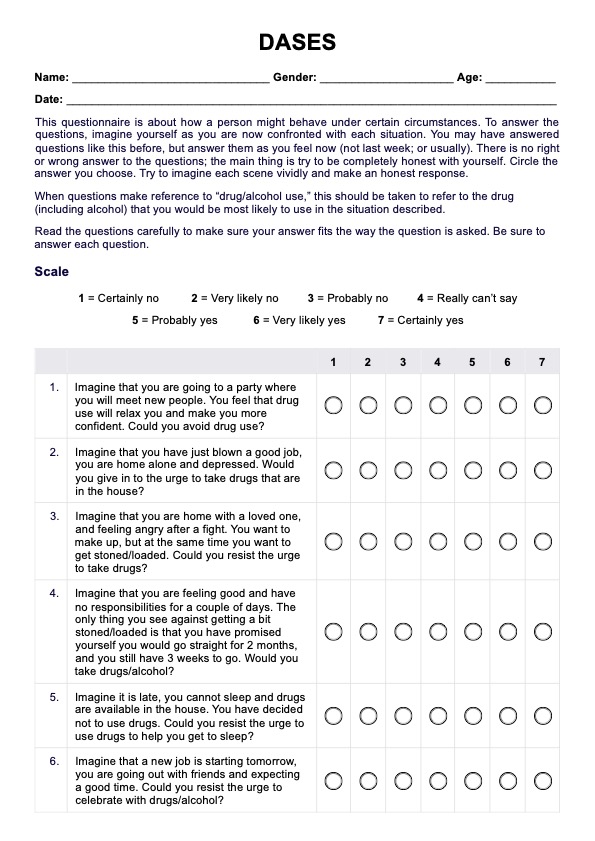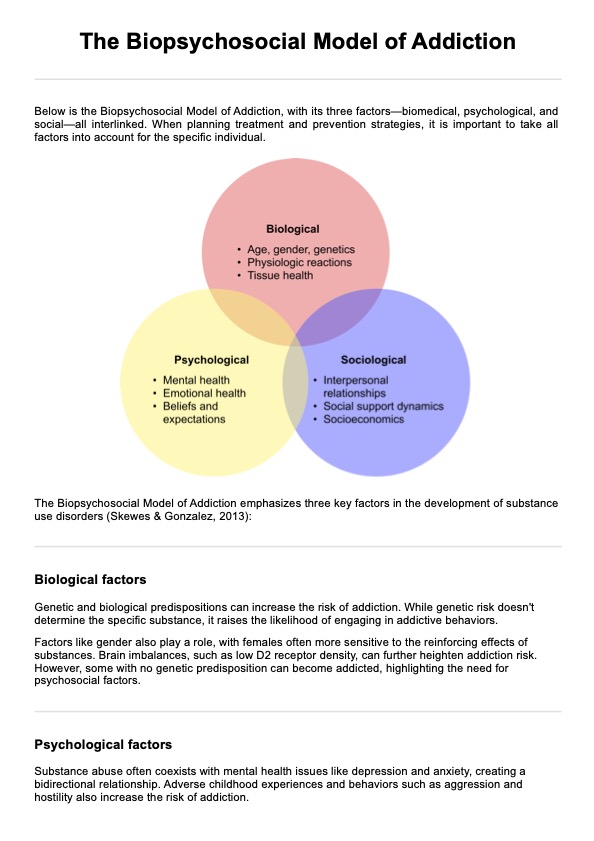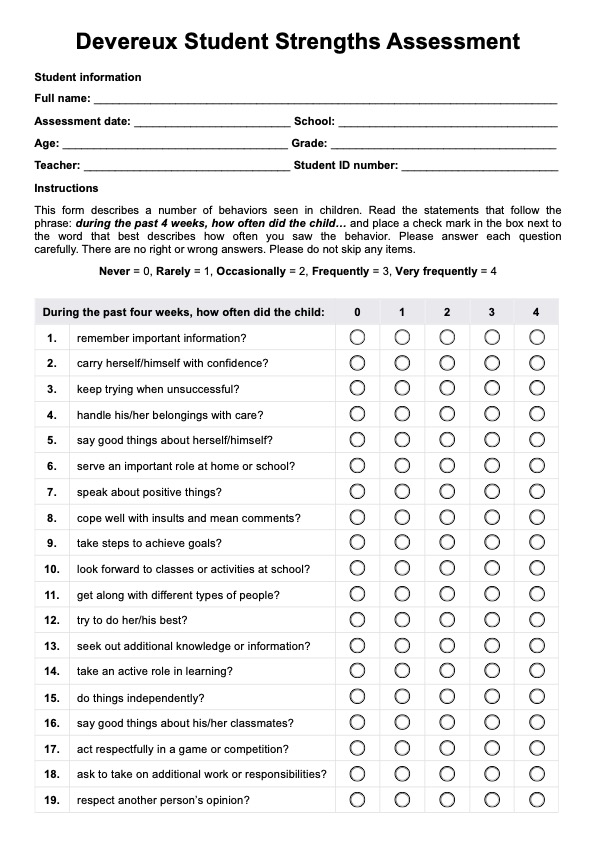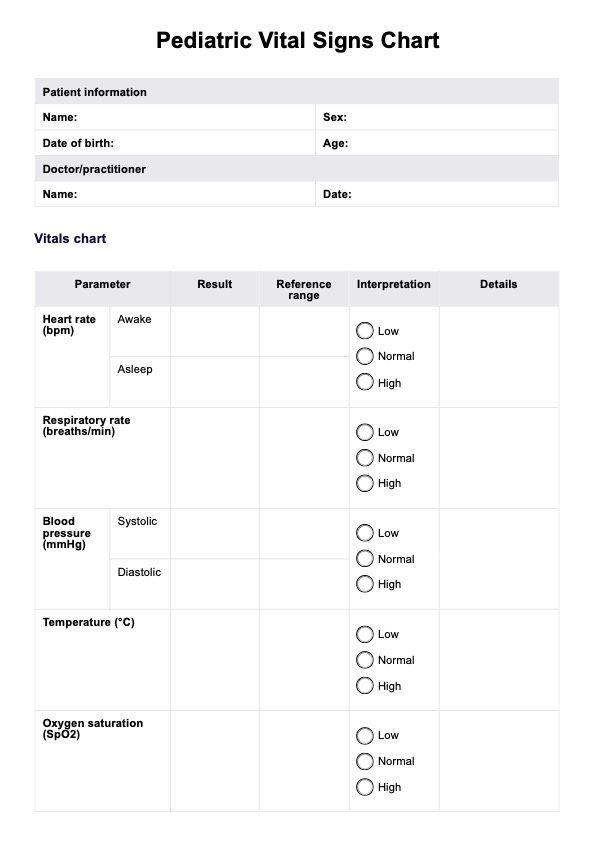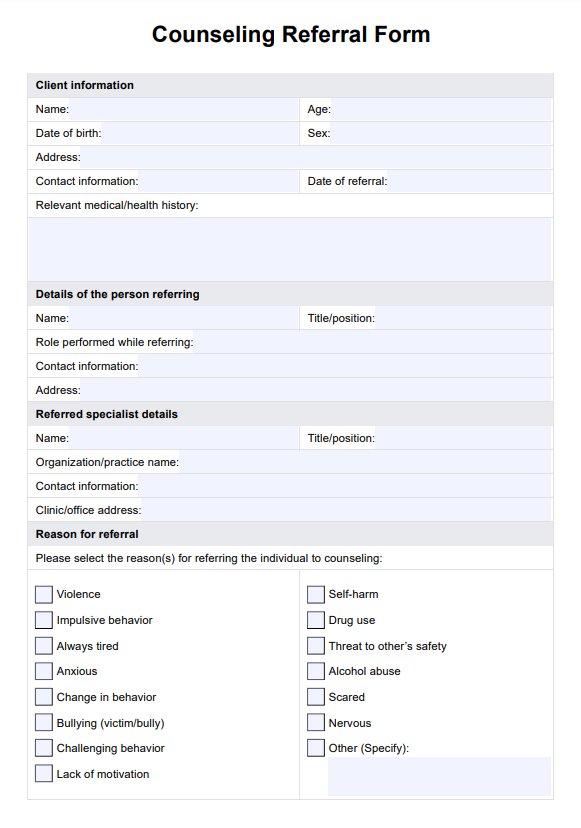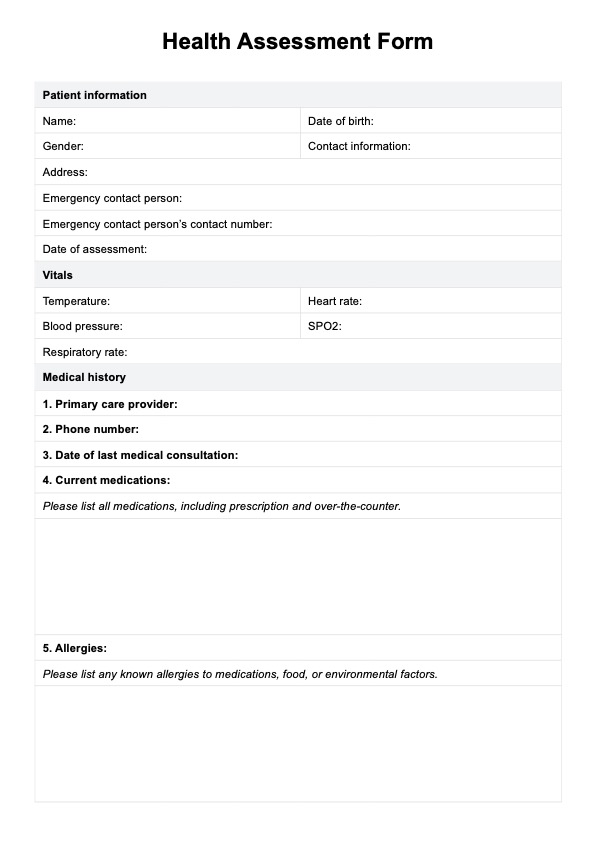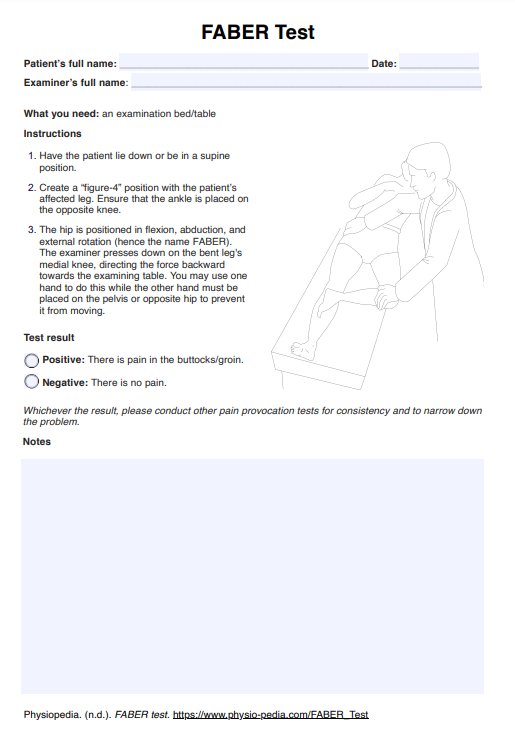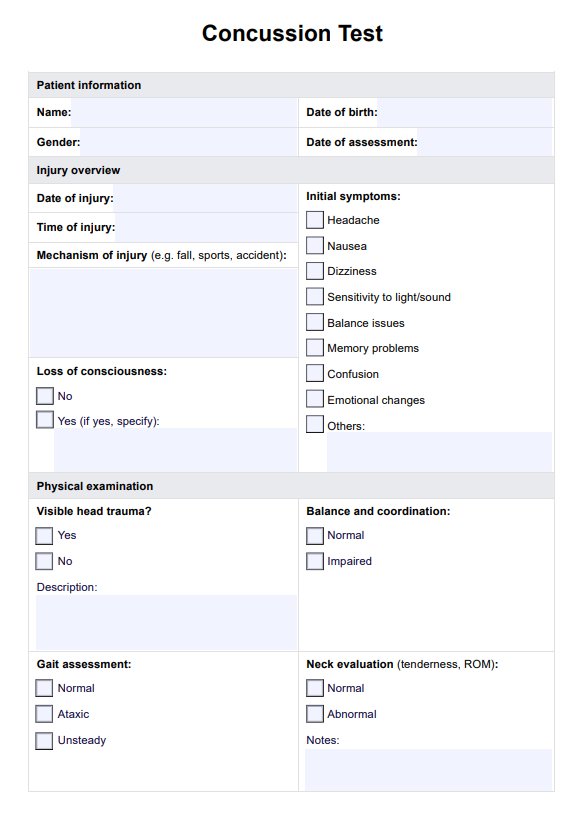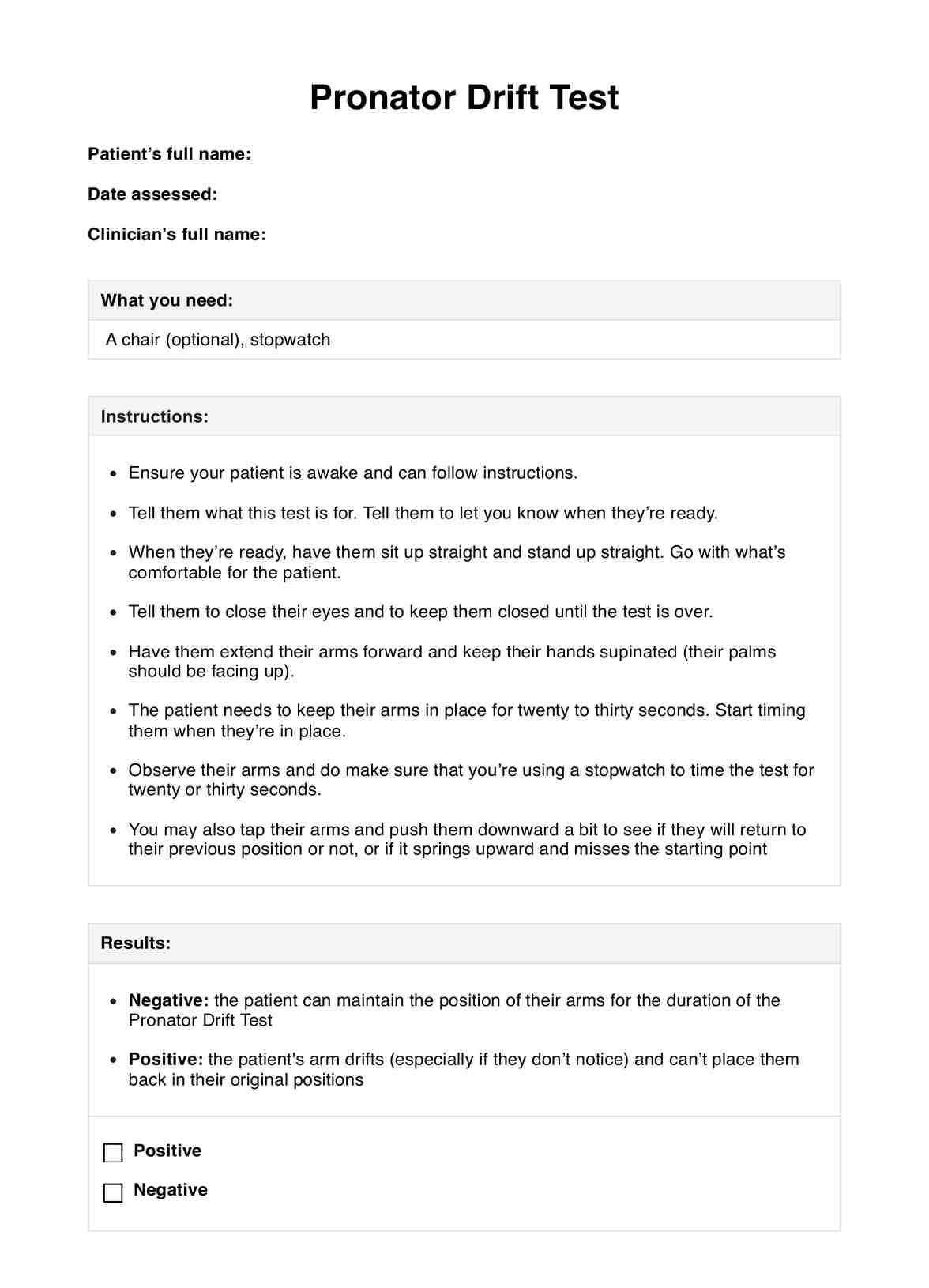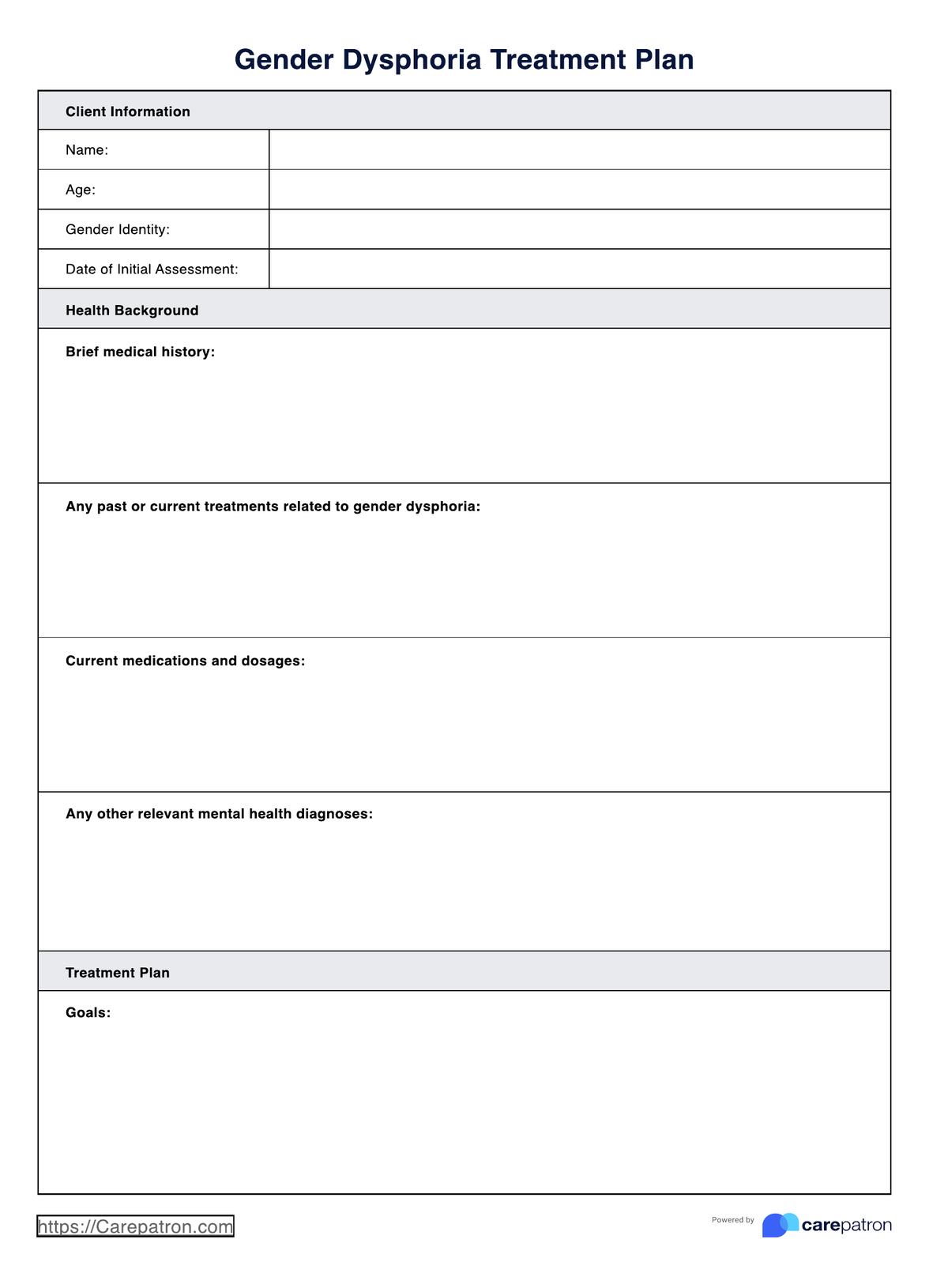Practice Schedule Template
Stay organized and boost performance with our Practice Schedule Template. Optimize your athletes' training or clients' recovery today!


What is a Practice Schedule Template?
As a coach, sports professional, or therapist, you know how crucial it is to have a well-structured practice or training session. Think about how overwhelming it can feel to manage multiple athletes with different recovery needs, training goals, and time constraints all at once. A Practice Schedule Template helps take the guesswork out of planning, making sure each session is focused and productive. It’s a simple tool to outline the key components of your practice, from the time and date to the duration of each activity or drill.
This template includes sections to specify the time for each exercise, the length of each session, and the specific drills or activities to be done. It also leaves room for notes, so you can make adjustments based on the athlete or individual's progress or any specific needs.
Whether you're managing a recovery-focused session or a high-intensity workout, the template helps you stay organized and ensures that no critical part of the session is overlooked. With this tool, you can easily track how long each part of the practice takes, tailor it to the needs of your athletes or clients, and provide them with a well-rounded session.
Practice Schedule Template
Practice Schedule Template Example
How does it work?
Using a Practice Schedule Template is an effective way to stay organized and ensure your sessions run smoothly. Whether you’re focusing on physical recovery, rehabilitation, or general training, following these simple steps will help you create a structured and tailored plan for your athletes or clients.
Step 1: Download the template
Get a copy of the Practice Schedule Template by clicking the "Use Template" button to open a fillable and customizable version in the Carepatron app. You can also click "Download" for a ready-to-print version that you can fill out digitally or by hand.
Step 2: Complete practice details
Start by entering the practice details. This will ensure that you’re prepared and organized for the specific session. Knowing who you're working with and when the session is scheduled will help you make any necessary adjustments based on individual needs.
Step 3: Plan the activities and duration
Next, list the drills, exercises, or activities for each part of the session. Be sure to specify each activity's length and any important instructions. This ensures they are engaged throughout the session and you stay on track with time management. Including a mix of fun activities can help keep the energy high and motivate individuals.
Step 4: Add notes for adjustments or feedback
Jot down any observations, modifications, or follow-up instructions for the next session. This is helpful for tracking progress and ensuring that you can easily adjust the plan as needed based on the athlete’s recovery or performance. You can also note any specific equipment requirements or changes to future activities for a more streamlined practice week.
When would you use this template?
Practice Schedule Templates are essential tools across various scenarios, such as:
Regular team practices
These templates are perfect for planning daily or weekly team practices. They help coaches create focused sessions that target specific skills, tactics, or strategies tailored to the team’s current needs.
Pre-season training
Before a new season begins, this schedule can structure intensive training programs designed to build fitness, enhance team chemistry, and improve tactical understanding. These templates provide a clear framework for teaching and reinforcing specific skills for short-term camps or clinics, making the most of limited time.
Individual training or recovery
Athletes working on personal fitness or recovering from an injury can use these templates to focus on specific areas of improvement. Physical therapists can also use them to design sessions that cater to the athlete’s fitness level and recovery needs.
Educational settings
Coaches and physical education teachers can use these templates to organize structured and effective sports sessions for students. They’re also helpful for keeping parents informed about their children’s schedules and activities.
Competition preparation
These templates help streamline practice sessions before a competition, ensuring athletes are fully prepared physically, mentally, and strategically.
Benefits of using this template
Using our free Practice Schedule Template can make a big difference in your training or practice sessions. With a clear structure, time is used effectively, and every activity has a purpose. Here are the benefits of using this template:
Enhanced skill development
Structured practice schedules allow athletes to focus on specific skills, which helps them improve faster and perform better overall.
Better team performance and motivation
A well-planned session helps the team work together more effectively, refining strategies and tactics for better game performance. Athletes are also more motivated and engaged when they know exactly what they’re working on and why it matters.
Tailored recovery for athletes under physical therapy
For athletes in physical therapy, crafting exercise sessions that cater to their fitness level ensures the recovery process is both safe and effective. The practice schedule helps ensure that exercises are appropriately challenging while respecting the athlete’s current limitations and time, which speeds up recovery without overloading them.
Commonly asked questions
Yes. A Practice Schedule Template structures basketball sessions by outlining drills, skill work, and playtime. This ensures every session is purposeful, helping players improve while still enjoying the game with friends or teammates.
A Practice Schedule Template helps athletes maintain a healthy balance between responsibilities and leisure. Providing a structured plan ensures that time is allocated not just for practice sessions but also for rest, social activities, and personal growth. For example, a coach or sports professional can designate specific rest days to allow athletes to recover physically and mentally, reducing stress and promoting overall well-being.
Creating a practice schedule is important because it helps keep training sessions organized and focused. It ensures athletes spend time on the right skills, strategies, and even recovery so nothing gets overlooked. A good schedule also helps balance practice with rest and personal time, which keeps everyone motivated and prevents burnout. Plus, having a clear plan makes practices run smoother and helps athletes stay on track toward their goals.


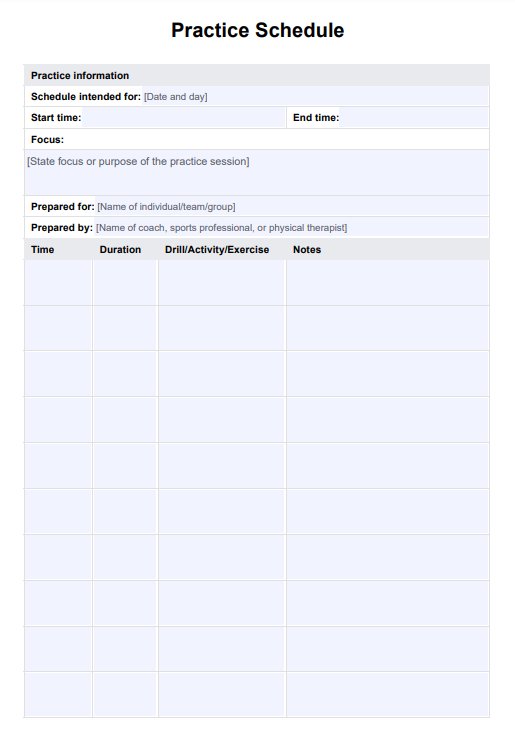
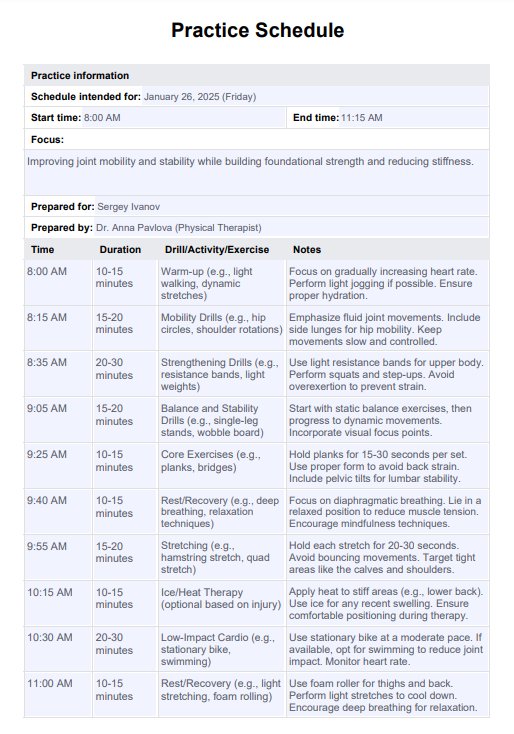


















-template.jpg)



